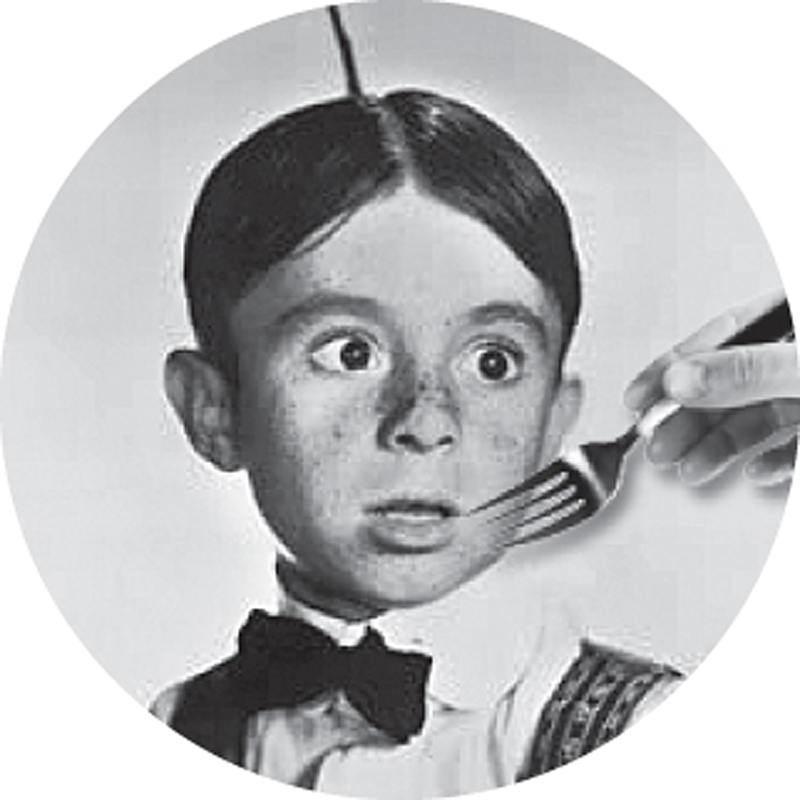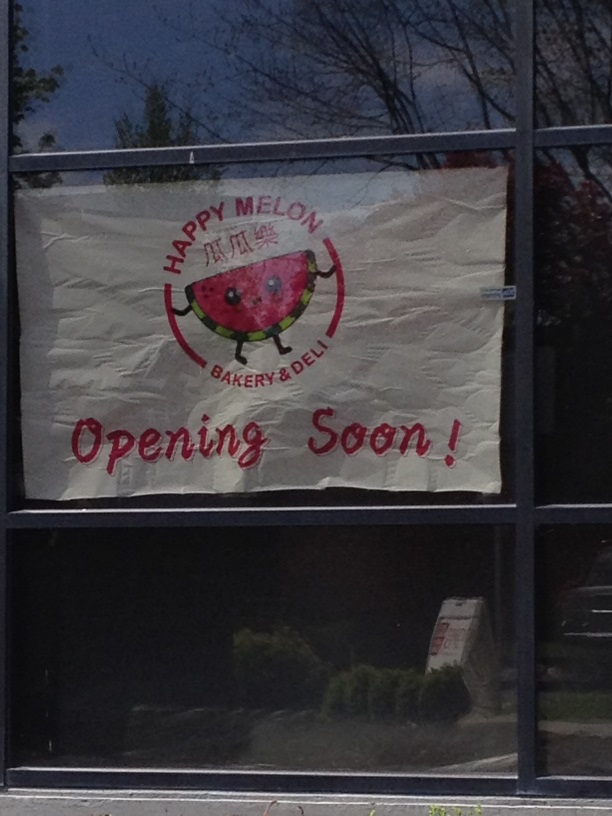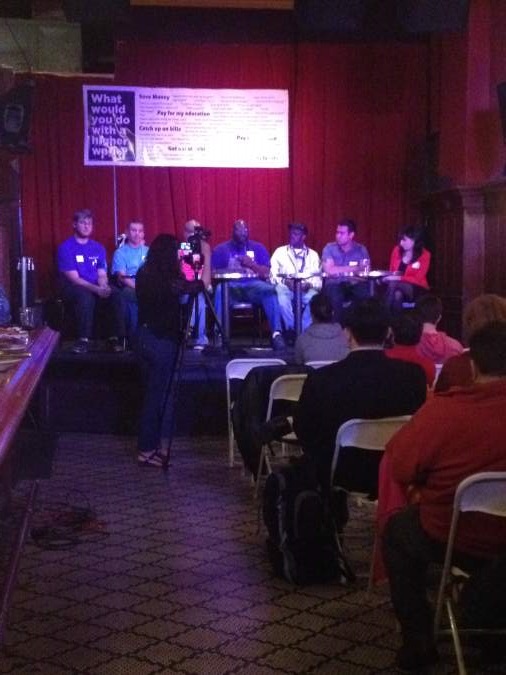The online effort to help Seattle bartending legend Murray Stenson pay for the medical costs associated with a heart condition that’s keeping him from working has attracted widespread attention. Last week, MSNBC host Rachel Maddow tweeted her support for the cause, driving thousands of her followers to rally behind Murr the Blur.
But while few bartenders will ever match Stenson’s influence, many are likely to find themselves in similar straits as they age. According to the National Consumers League, 90 percent of restaurant workers receive no health coverage from their employers. Bartenders can purchase insurance through the Responsible Bartenders’ Association or the United States Bartenders Guild, but these plans aren’t cheap.
Bill Bennett, president of the Sweet Relief Musicians Fund, which assists musicians coping with health crises, says artists are understandably discouraged by the high price of individual health insurance. “We have a local union here in Orange County, so I checked to see what’s available, and the bottom barrel is $600-something a month,” notes Bennett. “Who can afford that? Even at half of that, I would have trouble dishing it out.”
Bennett doubts that the grant-giving model followed by his organization could be easily adapted for the food-and-beverage industry because so many restaurant workers are employed by big companies which offer health coverage. “That being said, of all the corporate jobs out there, I would guess restaurant workers need insurance most,” he says.
A few independent restaurant owners offer health insurance, including Plum Bistro’s Makini Howell, who wrote a Washington Post op-ed in the wake of the Supreme Court’s recent health-care ruling. Howell says the cost of insuring employees will drop by one-third when the provisions of the Affordable Care Act take effect. But critics of the health-care system worry that the law won’t solve the problems likely to confront bartenders weakened by decades spent damaging their wrists and shoulders through the repetitive motions drink-mixing requires.
Asked how bartenders who don’t have legions of supporters might avoid crushing health-care costs in later years, Bennett jokes, “Become an accountant or a lawyer like your mom or dad wanted you to . . . It’s easy for any of us to say ‘Put money away for a rainy day,’ but that’s extremely difficult to do when you’re making just enough to get by.”
In earlier generations, it was common for musicians and other artists to garner the support of wealthy patrons, Bennett says. But with most craftsmen now at the mercy of the market, they’re not shielded from financial ruin by talent and vision.
“I don’t know that there’s a great solution, and that’s why the health-care debate is so passionate,” Bennett says. “Like this bartender—I’ve got to imagine he’s rooting for health care to become more affordable.”








